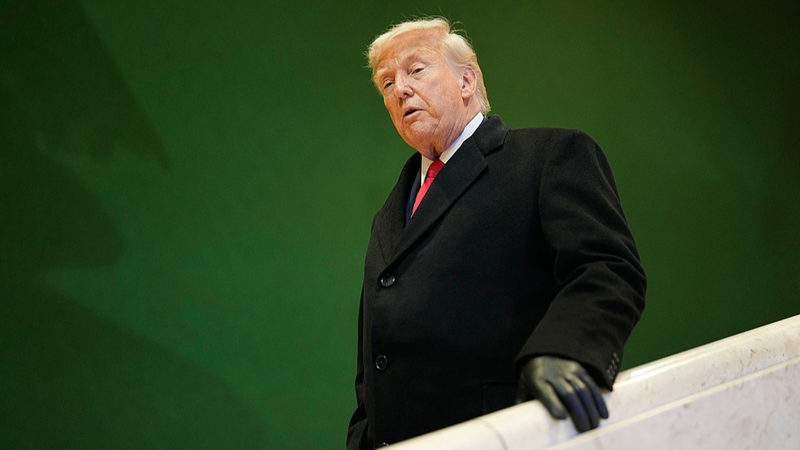The International Monetary Fund (IMF) has downgraded its outlook for Europe’s economic growth for the coming years. The new forecasts suggest a growth rate of 0.8% this year and 1.2% in 2026—down from earlier estimates of 1% and 1.4%.
Global trade tensions, including significant U.S. tariffs on European steel and aluminum, are a major factor behind this revision. IMF experts, such as Alfred Kammer from the European Department, warned that prolonged tariffs could tighten financial conditions and slow recovery.
At the IMF's annual Spring meeting in Washington D.C., European trade representatives stressed the importance of negotiations. They emphasized their commitment to dialogue with U.S. counterparts in hopes of avoiding further tariffs and striking win-win agreements. With the U.S. and EU together accounting for almost 30% of global trade, a stable trade environment is seen as essential for robust economic growth.
Despite these challenges, there is room for optimism. Initiatives to boost innovation and attract startups, along with Germany’s plans to increase public spending on infrastructure and defense, could help reinvigorate growth. Economists also expect inflation to stabilize at around 2% in the second half of the year.
Stay tuned as this economic saga unfolds — sometimes the twists and turns of global trade are as unpredictable as your favorite plot twist in a summer blockbuster! 🚀📈
Reference(s):
cgtn.com




